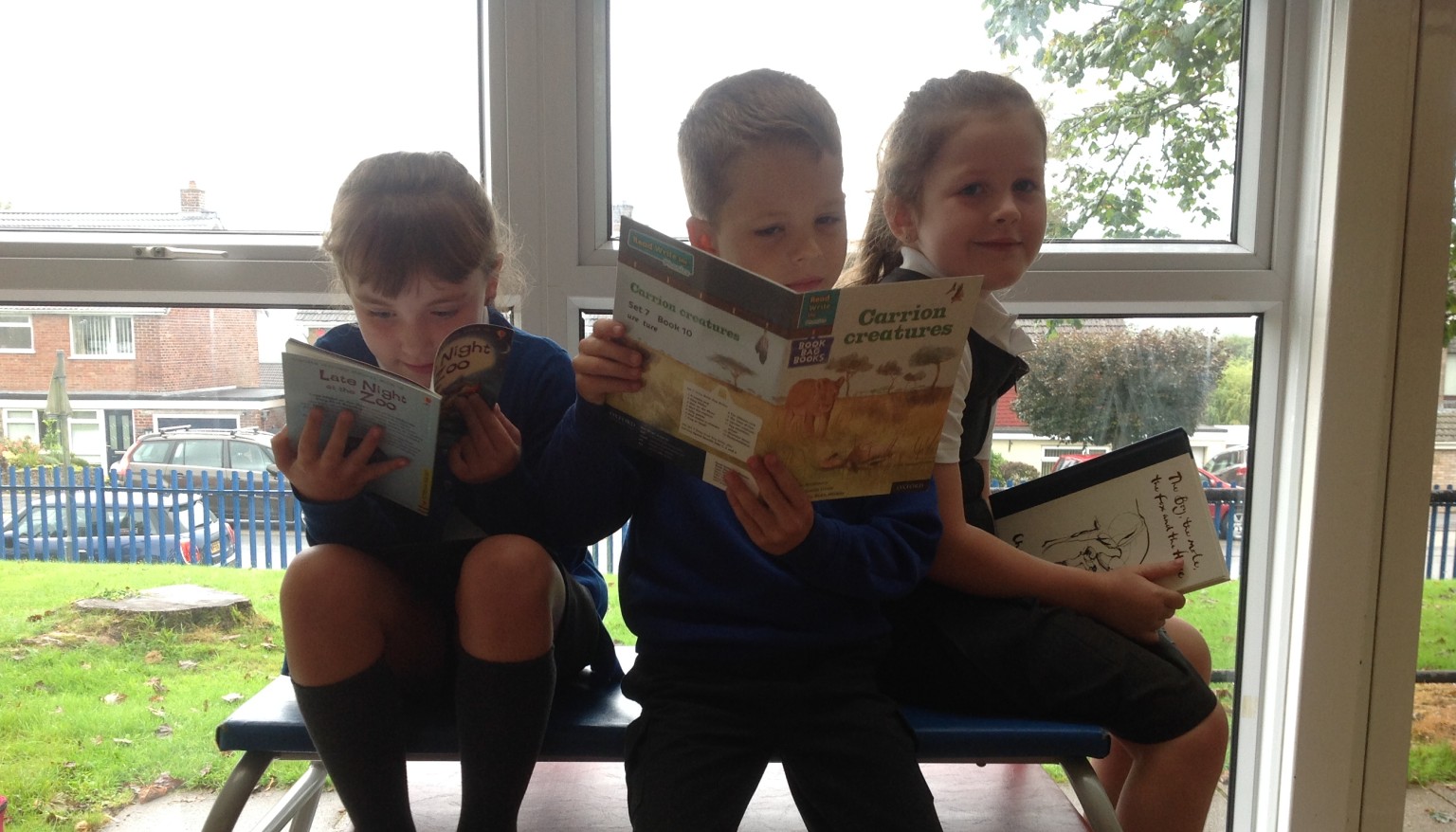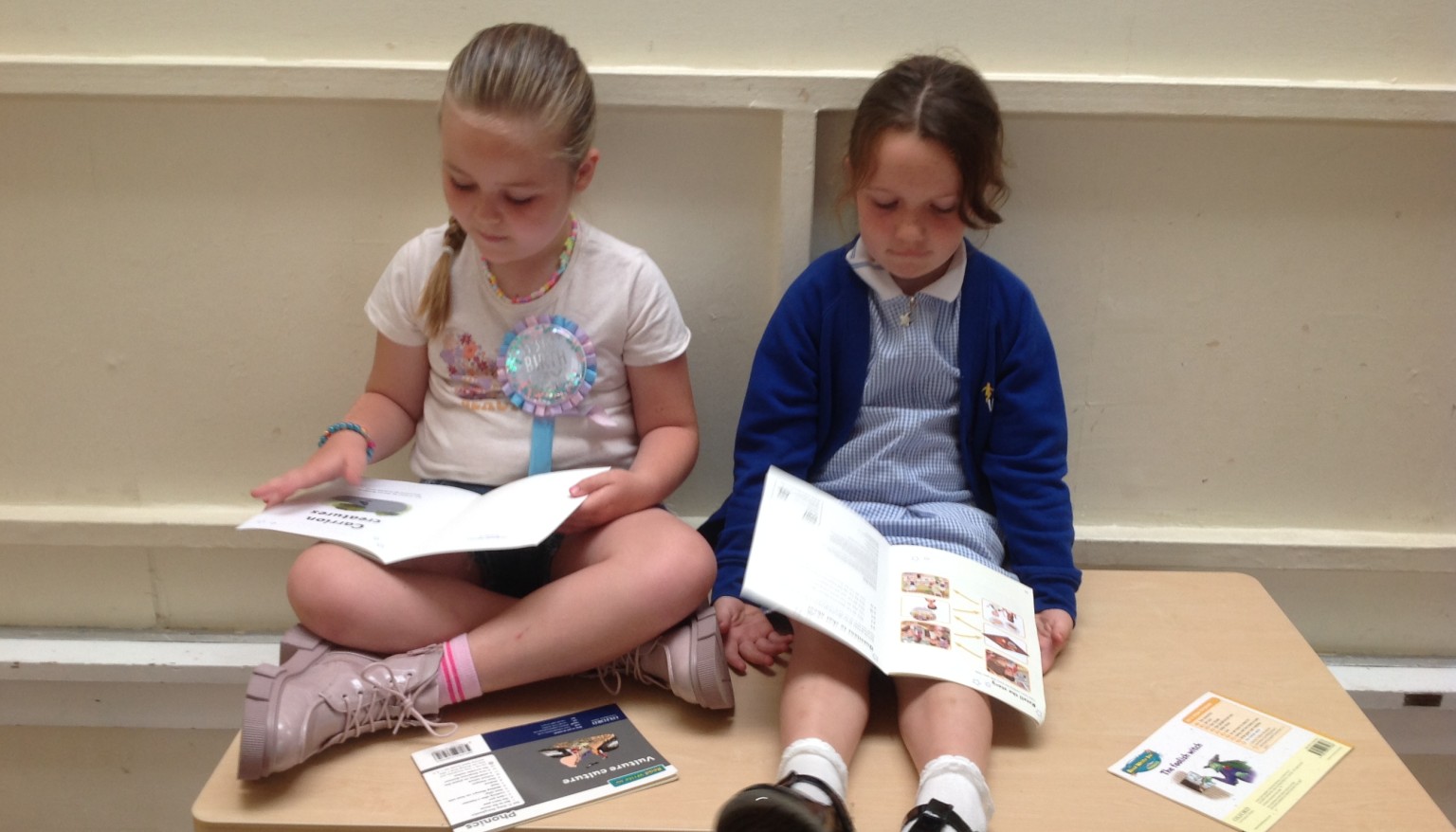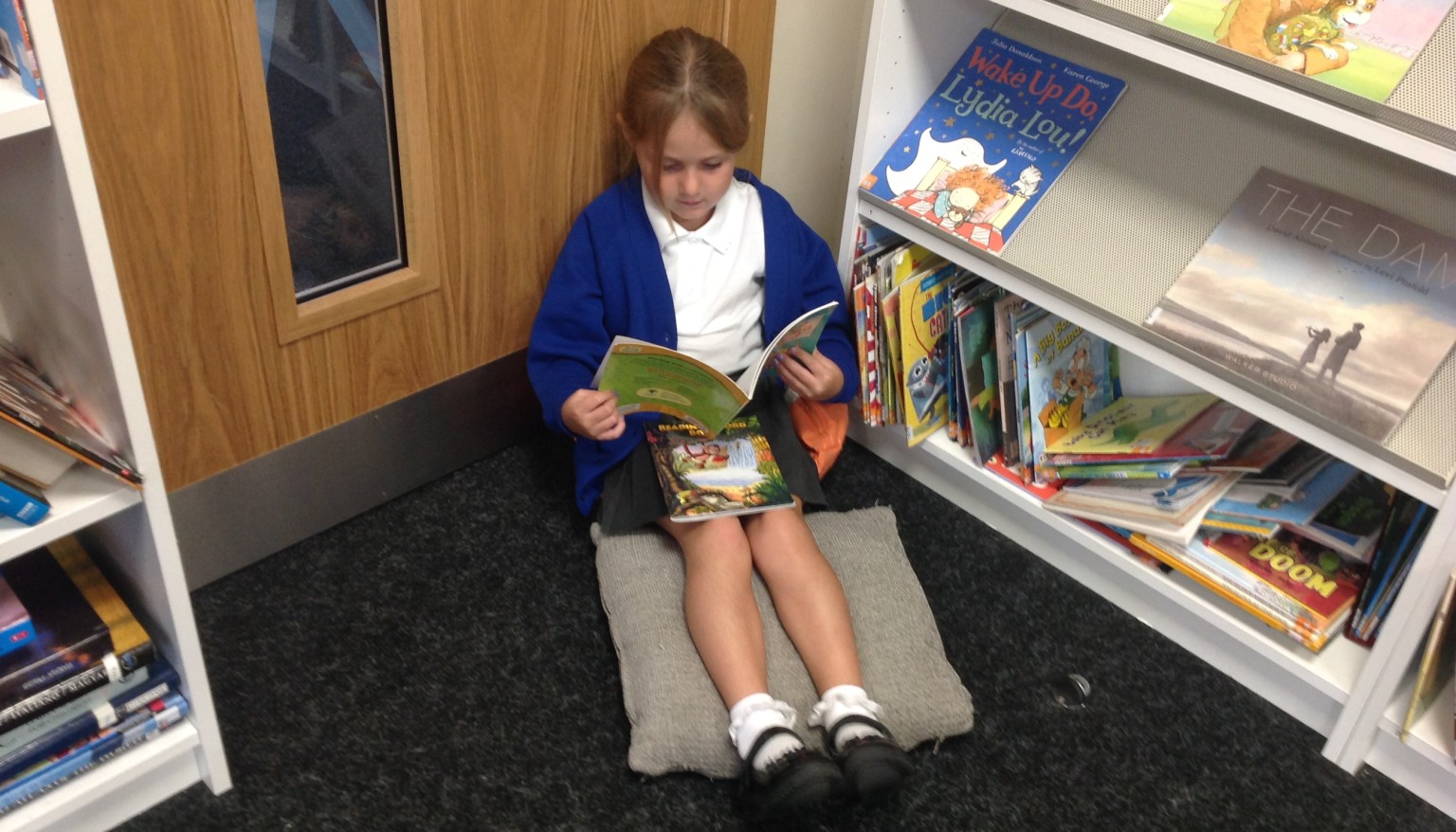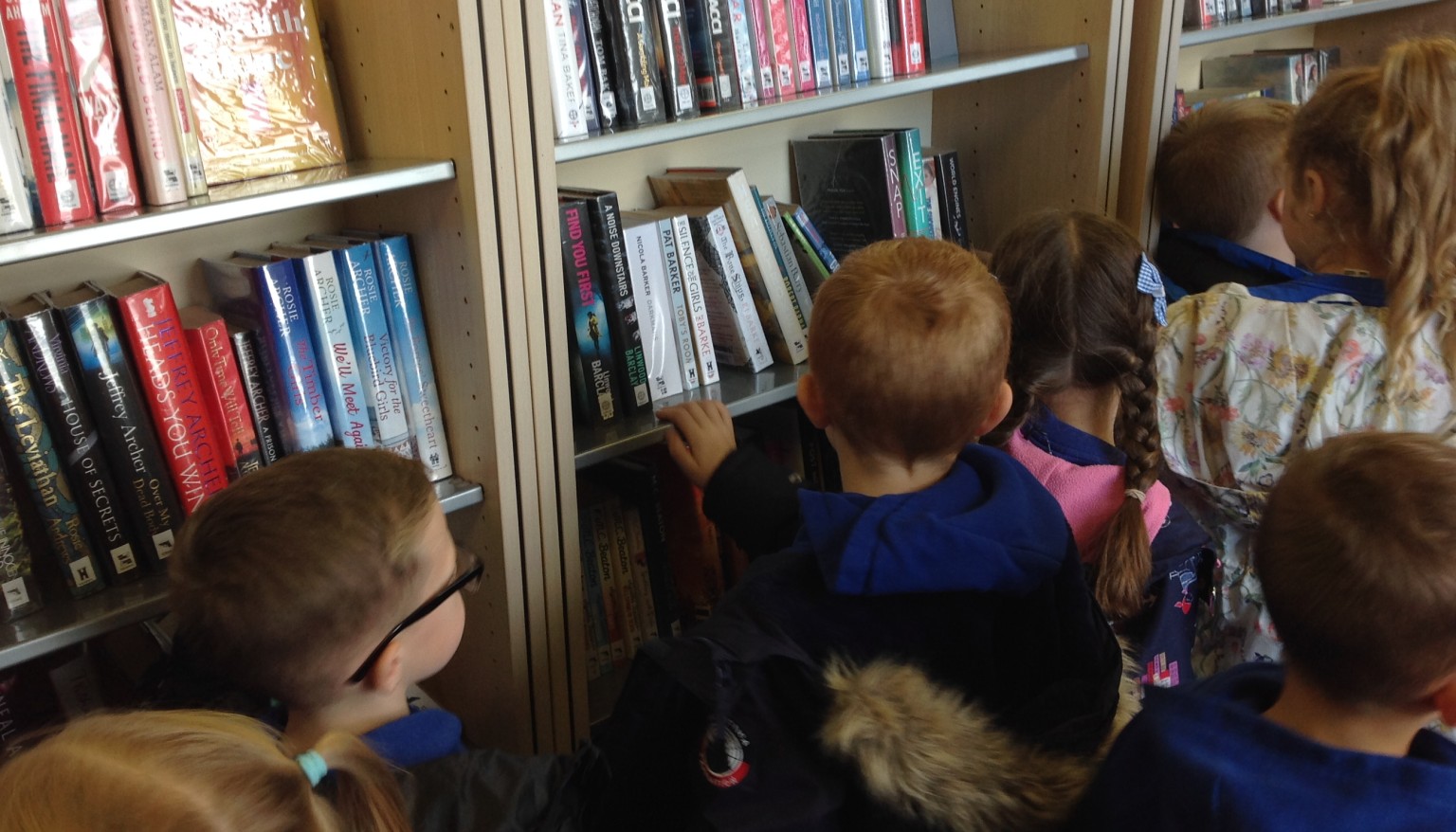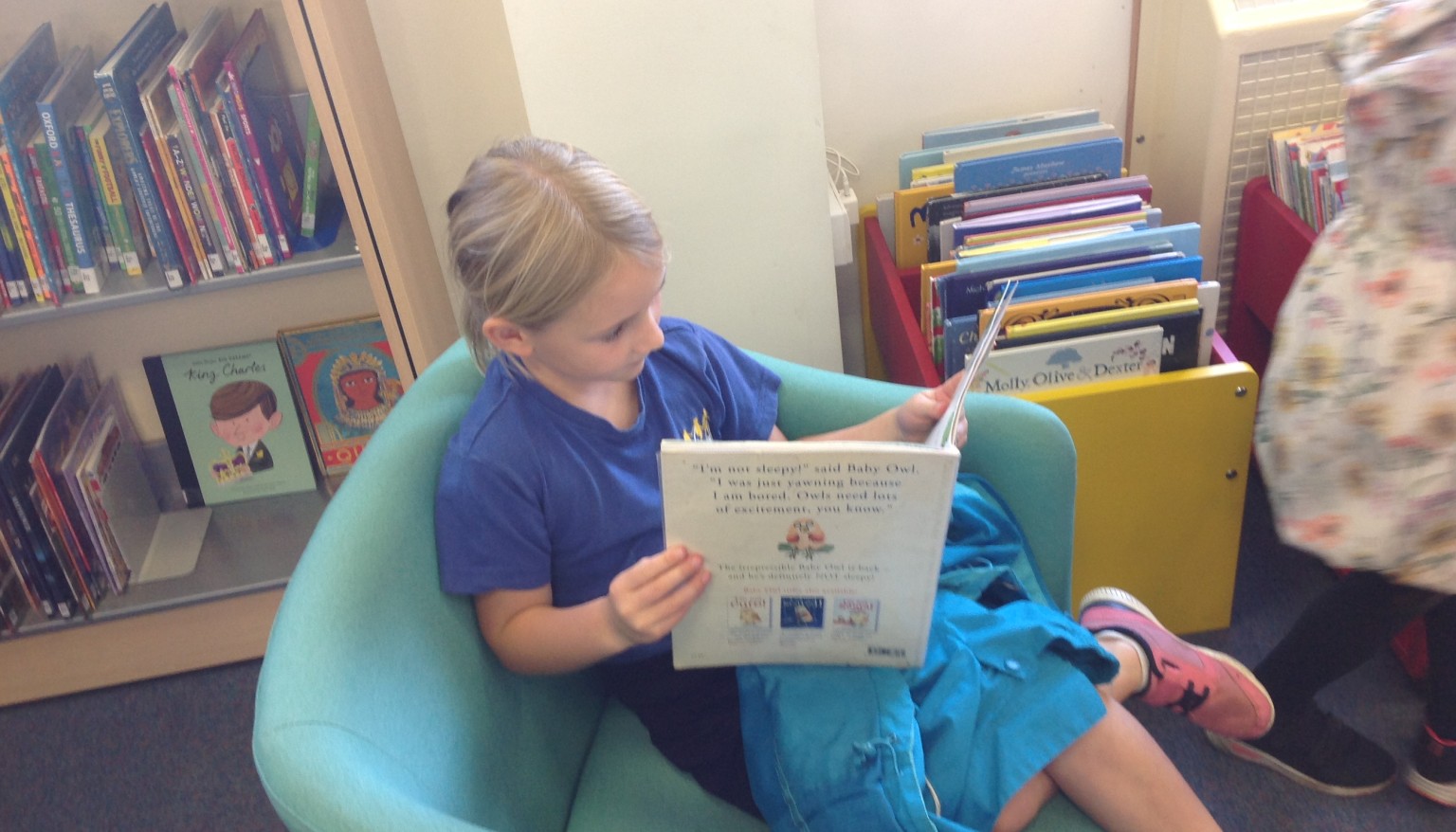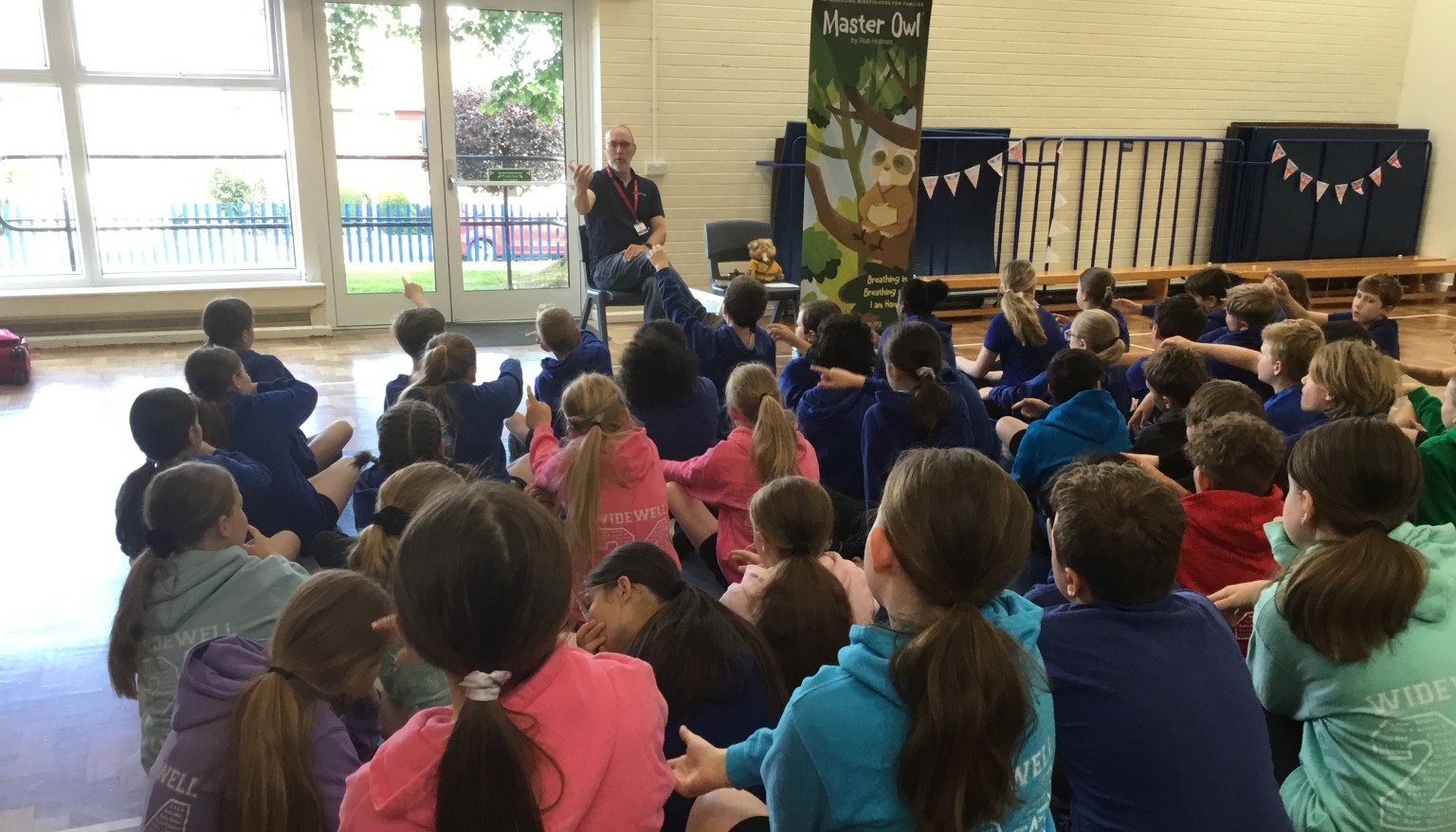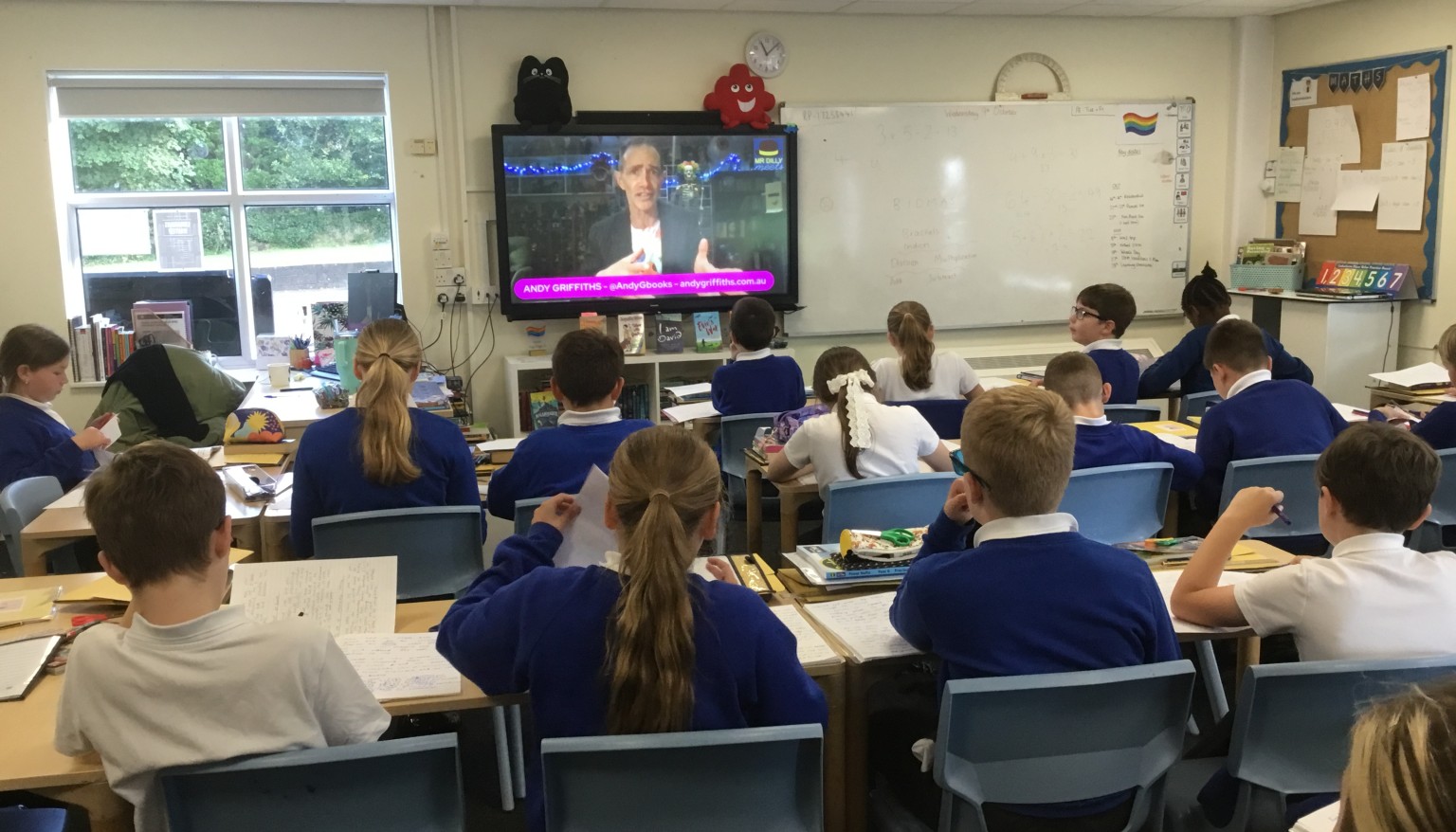This website uses Google Translate
You cannot use this feature without first accepting 3rd Party Cookies.
This website uses Google Translate
You cannot use this feature without first accepting 3rd Party Cookies.

You cannot use this feature without first accepting 3rd Party Cookies.
You cannot use this feature without first accepting 3rd Party Cookies.







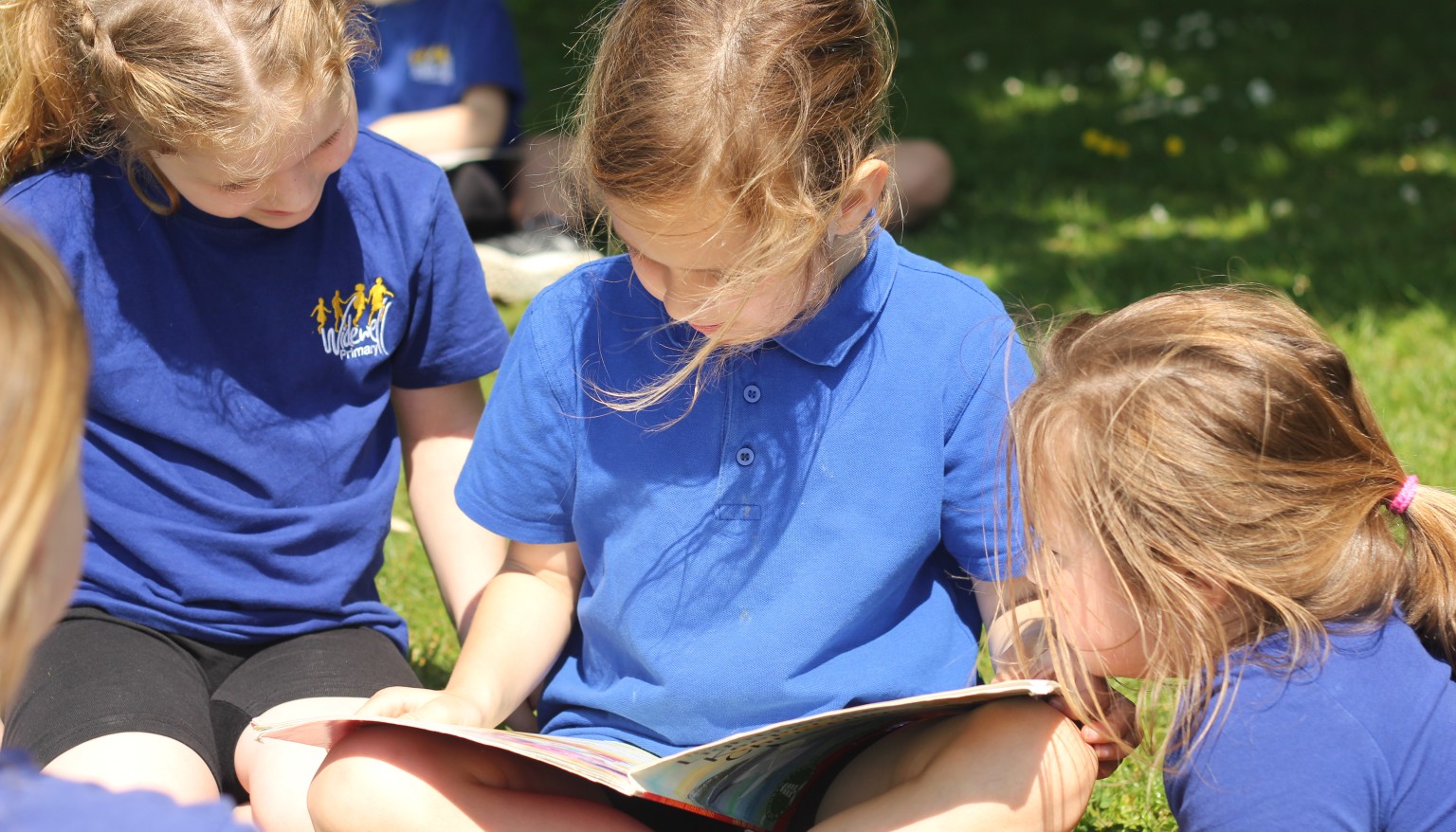
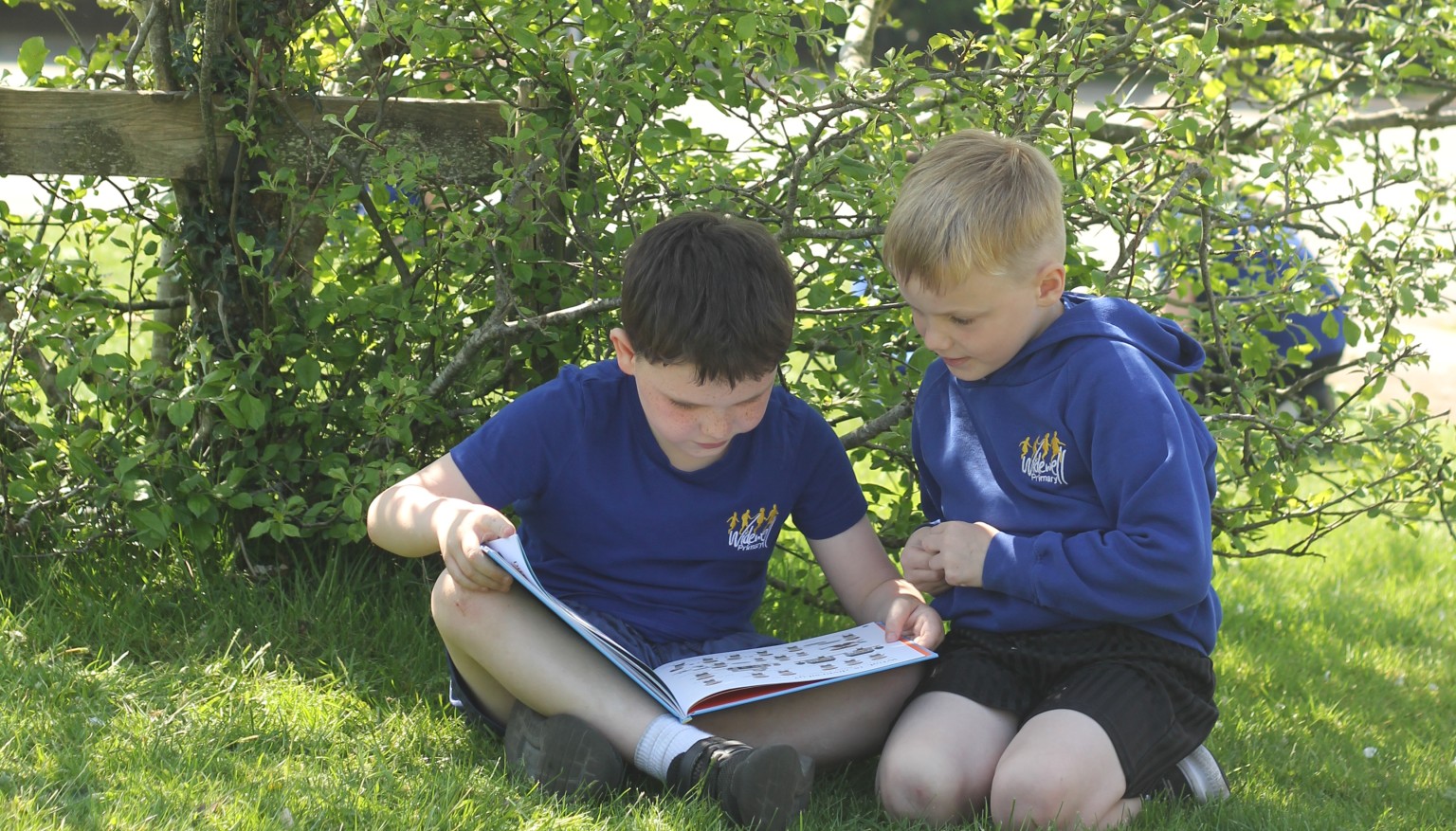
English: Reading at Widewell
Intent
At Widewell, we recognise that English is at the heart of all learning and central to development. Our English curriculum has been designed to build confident communicators, imaginative thinkers and informed citizens.
At the heart of our curriculum lies a deep-rooted belief in the power of reading. We recognise reading as an integral cog in the wheel of our pupils’ success—not only within English but across all areas of learning. Our intent is to nurture confident, fluent, and skilled readers who develop a lifelong love for reading and literature.
We aim to immerse our pupils in a rich and diverse range of texts, genres, authors, and voices—both classic and contemporary—ensuring that all children see themselves reflected in what they read, while also gaining insights into worlds and experiences beyond their own. In doing so, we seek to broaden horizons, deepen empathy, and build the cultural capital that is essential for their future success.
Through high-quality teaching, carefully chosen texts, and a reading-rich environment, we are committed to creating a culture of reading for pleasure and purpose. We want our children to read widely and often, to talk passionately about books, and to engage meaningfully with texts.
Our reading curriculum is designed to equip children with the skills they need to decode, comprehend, interpret, and enjoy texts—laying the foundation not only for academic achievement but also for confident communication, critical thinking, and a readiness to thrive in an ever-changing world.
Ultimately, our vision is to foster a community of enthusiastic readers who are empowered, inspired, and prepared to succeed—not just in school, but in life.
The aims of teaching reading, as outlined in the National Curriculum, are to ensure that all pupils:
Implementation
At Widewell, our pupils start their reading journey from day one through daily phonics sessions following a synthetic phonics programme-Read Write Inc. The Systematic Synthetic Phonics programmes are designed to ensure coverage of the phonic sounds detailed in the National Curriculum in a rigorous, lively and pacy fashion to secure their phonic knowledge and achieve success in early reading.
In Read Write Inc. Phonics pupils:
· Decode letter-sound correspondences quickly and effortlessly, using their phonic knowledge and skills
· Read common exception words on sight
· Understand what they read
· Read aloud with fluency and expression
· Spell quickly and easily by segmenting the sounds in words
· Acquire good handwriting.
In addition, we teach pupils to work effectively with a partner to explain and consolidate what they are learning. This provides the teacher with opportunities to assess learning and to pick up on difficulties, such as pupils’ poor articulation, or problems with blending or alphabetic code knowledge.
In Read Write Inc. Phonics pupils are grouped across the school in terms of their reading ability, meaning they are reading at an appropriate decoding level every day. The homogeneous groups in the phonics lessons help us to focus the teaching and ensure pupils learn to read quickly.
In Foundation we emphasise the alphabetic code. The pupils rapidly learn sounds and the letter or groups of letters they need to represent them. Simple mnemonics help them to grasp this quickly. This is especially useful for pupils at risk of making slower progress. This learning is consolidated daily. Pupils have frequent practice in reading high frequency words with irregular spellings – common exception words.
We make sure that pupils read books that are closely matched to their increasing knowledge of phonics and the common exception words. This is so that, early on, they experience success and gain confidence that they are readers. Re-reading and discussing these books with the teacher supports their increasingly fluent decoding.
The sharing of stories, songs, poems, and rhymes daily through Key Stage One, alongside their phonics provision, ensures pupils are able and inspired to read for pleasure across the curriculum, and at home, as they move through KS1 into Year 2.
In EYFS, pupils take part in a baseline assessment and regular assessments continue after this point to ensure that children’s needs are matched carefully. It ensures that pupils can access material at their correct level of phonological understanding and teachers can identify if there is any intervention needed.
During year 2, the aim is that the majority of pupils will move from a systematic, synthetic phonics programme to whole class reading sessions, where strategies like echo and choral reading are employed to increase fluency. From there, and throughout Key Stage Two, we teach the key reading comprehension skills of Vocabulary, Inference, Prediction, Explaining, Retrieval, Summarising and Sequencing throughout a progressive, spiral reading curriculum which covers the National Curriculum objectives as a minimum. Oral and written comprehension tasks develop children’s opportunities to practise and apply their knowledge and understanding and as with all subjects, work is scaffolded or further challenge is provided where necessary, to enable everyone to access quality first teaching within the classroom. Across a half term, staff follow a rolling programme of Fiction/Non-Fiction/Poetry to ensure coverage of a variety of texts which link to the writing genres.
Engaging, diverse, and high-quality texts are shared daily with the whole class to celebrate and signify the importance of reading as well as to continue to expose the children to a diet of rich vocabulary and broaden their experiences.
Impact
The impact of our reading curriculum is that children have a positive attitude to reading and enjoy reading. They become confident and successful learners’ who can achieve regardless of their starting points. Pupils will be able to read with more skill and so will know more, understand more and therefore do more reading. Teachers will use a range of formative and summative assessment in reading to assess the children’s understanding and ascertain what they need to do next. During the lesson, through live marking, questioning and discussion, along with tasks, teachers will check that the children have understood the text and can answer questions about what they have read. The teachers and teaching assistants will assess the pupils’ achievements against the lesson objective to ensure reading skills are developing and children are able to apply their skills to reading a variety of texts.
Alongside the daily review of learning, pupils will be assessed more formally using a range of assessment procedures. With the SSPs, pupils are assessed every half term, as a minimum, to ensure that any gaps are identified, and learning matches their needs. In Year 1, children undertake the statutory Phonics Screening Check. Across the year, children will complete a range of testing, including NFER or practise SATs style assessments. These test results, along with the work and assessment from the term, will inform teacher assessment against the National Curriculum objectives.







